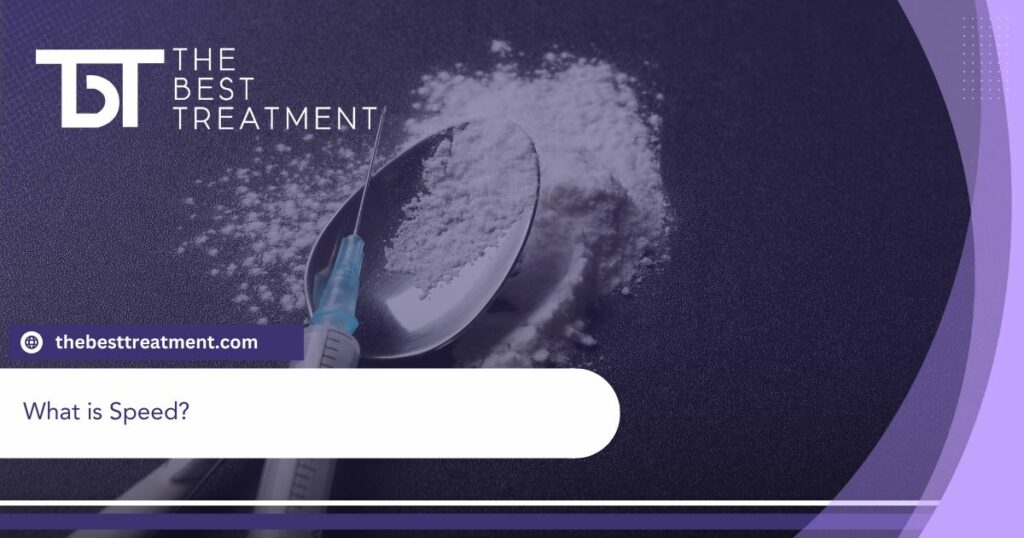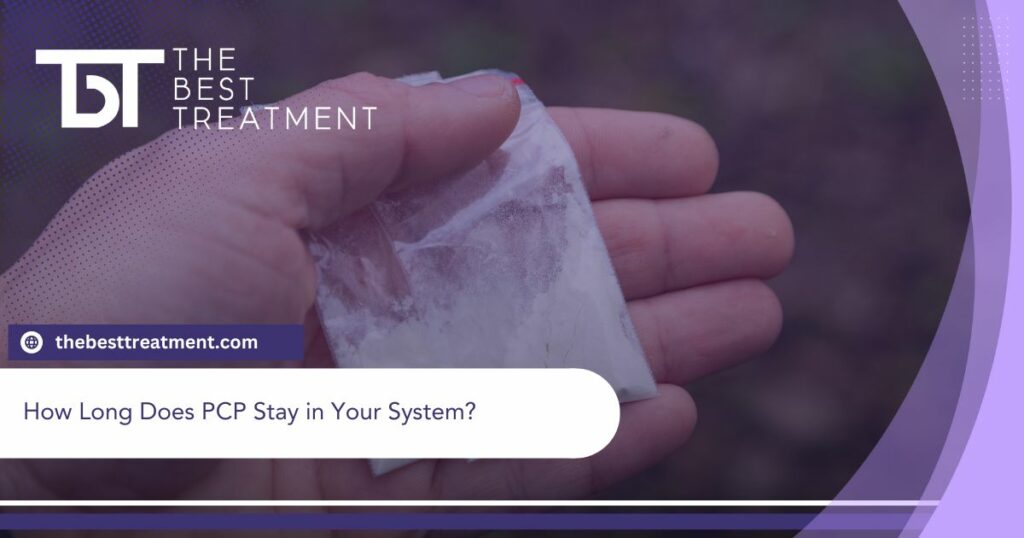Table of Contents
Individuals who frequently partake in the heavy consumption of alcohol often become psychologically and physiologically dependent upon the substance. This means, in order to feel and function normally, the individual must consume alcohol. This is also known as alcohol addiction, which must be treated by a professional addiction treatment facility. When an alcohol-dependent person attempts to stop drinking suddenly, they will experience alcohol withdrawal syndrome. Depending on a person’s history of alcohol use as well as other factors, the alcohol withdrawal timeline can vary from one person to the next.
Alcohol withdrawal symptoms may arise and cease quickly due to the rapid rate at which alcohol is metabolized in the body. However, while the withdrawal period is relatively brief, the symptoms may be dangerous and life-threatening in some individuals. For example, some of the more concerning symptoms of alcohol withdrawal include delirium tremens and seizures.
When attempting to detox from alcohol, it is never recommended to do so alone. In a medical detoxification program, professional doctors and nurses help patients through the acute withdrawal phases, monitor patients’ health, and work to prevent the most severe and life-threatening symptoms of withdrawal.
What is the Alcohol Withdrawal Timeline?
Alcohol withdrawal typically begins within 4-12 hours of the individual’s last drink. This happens because the blood alcohol level in an individual’s body begins to decrease significantly in a short period of time.
Acute alcohol withdrawal symptoms tend to become the most severe around the second day of sobriety. Usually, these symptoms improve greatly by the fifth day of sobriety from alcohol.
In some cases, certain symptoms such as anxiety and insomnia may continue to persist for up to six months after the cessation of acute withdrawal symptoms.
The Symptoms of Alcohol Withdrawal
The symptoms of alcohol withdrawal syndrome may vary in severity from person to person, depending on a variety of factors. Some of these factors include an individual’s health, age, length of alcohol dependency, and the severity of their dependency. In other words, each individual who detoxes from alcohol may experience different symptoms along this spectrum.
Mild symptoms of alcohol withdrawal include:
- Restlessness
- Insomnia
- Decreased appetite
- Irritable mood
- Anxiety
- Impaired thinking and judgment
These mild symptoms may appear in the earliest stages of the alcohol withdrawal timeline, however, they may persist throughout the duration of withdrawal.
The more severe symptoms of alcohol withdrawal syndrome may include:
- Trembling of the arms and hands
- Sweating
- Rapid pulse and breathing
- High fever
- Increased blood pressure
- Hypersensitivity to noise and light
- Visual and auditory hallucinations
- Generalized tonic-clonic seizures
- Delirium tremens
The life-threatening symptoms of alcohol withdrawal such as seizures and delirium tremens are uncommon. However, the Substance Abuse and Mental Health Services Administration (SAMHSA) states that the presentation and resolution of withdrawal symptoms are “extremely variable” and unpredictable. It is a challenge for medical professionals to determine with confidence who will and will not suffer life-threatening symptoms during acute withdrawal.
Seizures from Alcohol Withdrawal
Seizures, one of the most concerning symptoms of alcohol withdrawal, tend to occur in patients over the age of forty. This is most likely due to older alcohol detox patients having years of alcohol abuse under their belts, making them more susceptible to the severe symptoms of alcohol withdrawal syndrome.
The tonic-clonic seizures associated with withdrawal tend to occur within twelve hours to two days of the time of the last alcoholic drink. However, in severe cases, these seizures may arise within only a few hours of an individual’s last drink. If these seizures are left untreated, they may result in another worrisome condition known as delirium tremens.
What Is Delirium Tremens?
Alcohol withdrawal delirium, or delirium tremens, is a rare and serious condition that occurs during alcohol withdrawal. Delirium tremens, commonly referred to as “DTs”, is known as the most severe manifestation of alcohol withdrawal and detoxification. Among heavy alcohol users, the lifetime risk of developing this condition is about 5-10%. Additionally, nearly 5% of individuals who develop DTs may experience death.
The symptoms associated with delirium tremens (DTs) include:
- Profound agitation and confusion
- Hallucinations of any kind
- Autonomic hyperactivity (For example; rapid pulse, sweating, high fever, and high blood pressure)
- Cardiovascular collapse
When delirium tremens occur, the symptoms usually appear between two to four days after the discontinuation of alcohol use. However, it may take up to ten days for DTs to manifest.
Delirium tremens may last up to five days and, because of the potential for death, it is considered a medical emergency that requires immediate treatment.
Risk Factors for Longer Alcohol Withdrawal Timelines
Detox from alcohol is a process that, in some cases, the symptoms may be mild. However, in other cases, alcohol withdrawal symptoms may become life-threatening. It is not possible to accurately predict who will have a complicated withdrawal experience and who will not. Although, there are some factors that play a part in the severity of alcohol withdrawal. These factors also determine how long alcohol withdrawal lasts.
Individuals who identify with the following are more likely to suffer from rare and severe symptoms of alcohol withdrawal, including seizures and DTs, as well as longer withdrawal timelines:
- History of alcohol detoxification and withdrawal seizures
- Having experienced DTs in the past
- Having a comorbid illness or medical conditions, especially infections or physical traumas. This is especially true for individuals with pneumonia or pancreatitis, which are also common in alcoholics.
- Presence of one or multiple mental health conditions
- Regular, heavy alcohol use
- Having been dependent on alcohol for several years
- Poor overall health
- Nutritional deficiencies
Attend a Professional Alcohol Detox Program
If you or a loved one are in need of a professional and effective alcohol detox program, you are in luck. The Best Treatment Center combines alcohol detox with alcohol rehab, providing every patient with a full continuum of care. Dealing with the effects of alcohol withdrawal symptoms on your own can be uncomfortable, scary, and even life-threatening. Contact us today to receive individualized and evidence-based addiction treatment in West Palm Beach.
Medically Reviewed: September 25, 2019

All of the information on this page has been reviewed and verified by a certified addiction professional.










